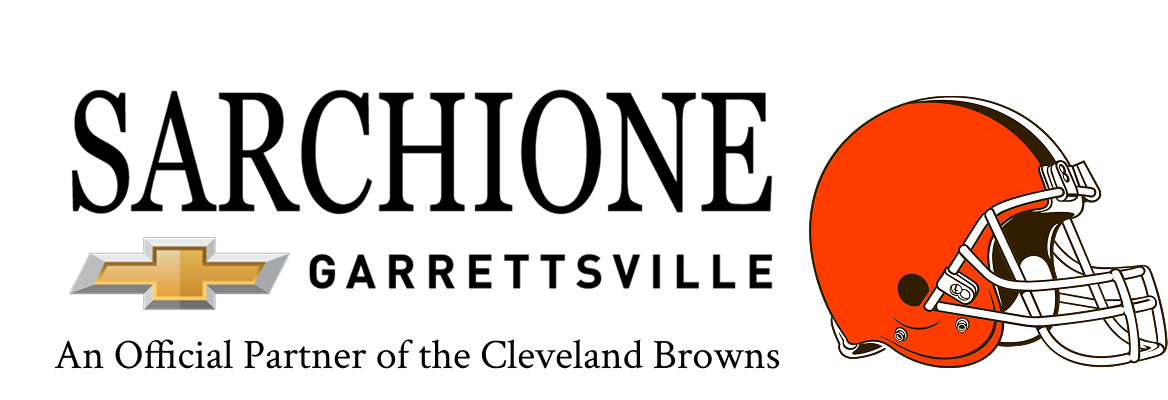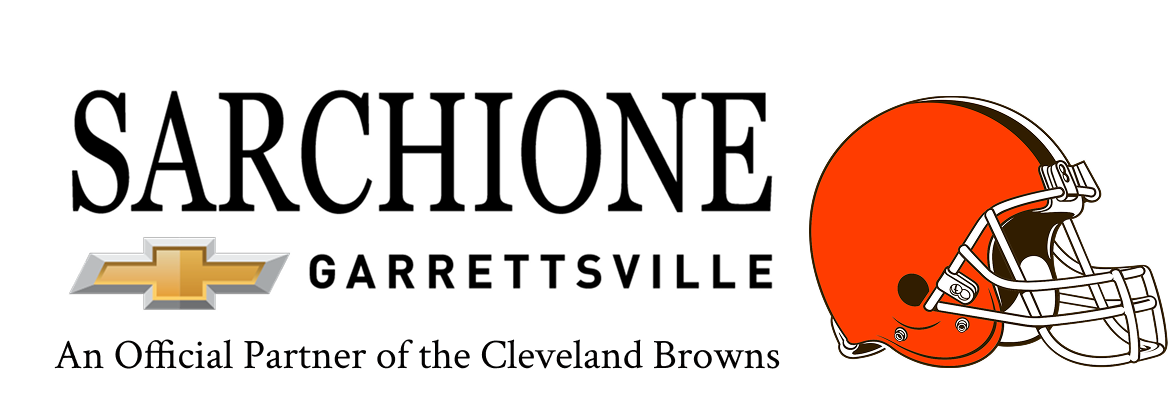Tire damage in your Chevy vehicle can occur for a variety of reasons, ranging from road hazards to wear and tear over time. Identifying these issues early can prevent further damage to your vehicle and help you avoid costly repairs. Proper tire maintenance is crucial for both your safety and the longevity of your car. In this article, we will explore how to spot signs of tire damage and address common causes to keep your Chevy running smoothly.
Common Signs of Tire Damage
When driving, the first noticeable sign of tire damage in your Chevy may be a change in the way your vehicle handles. If you feel unusual vibrations or notice that the car pulls to one side, it could be a sign of uneven tire wear or internal damage. These changes often result from issues like misalignment, tire imbalances, or structural problems within the tire itself.
Another warning sign is a decrease in ride comfort. If your Chevy suddenly feels bumpier or noisier when driving, it could be the result of damaged tires. Worn-out or punctured tires are unable to absorb road impacts as efficiently, leading to an uncomfortable ride.
Types of Tire Damage
There are several types of tire damage that you may encounter, and each one can affect your vehicle’s performance in different ways. One of the most common forms of tire damage is punctures. Punctures can occur when the tire comes into contact with sharp objects on the road, such as nails, glass, or other debris. Even a small puncture can lead to slow air leaks, which, if left unaddressed, can cause a flat tire.
Another common issue is sidewall damage. The sidewall of a tire is more vulnerable to cuts and abrasions than the tread area. Hitting a curb, pothole, or other road hazards can cause sidewall damage, which can compromise the structural integrity of the tire. Sidewall damage often results in visible cuts or bulges, and if left unchecked, it can lead to tire failure.
Tire tread wear is another significant indicator of damage. Over time, the tread on your tires wears down, which affects traction and overall vehicle handling. Excessive tread wear, especially uneven wear, can lead to unsafe driving conditions, particularly in wet or slippery conditions. Checking the depth of the tread using a tread depth gauge or the penny test can help you determine if your tires need replacing.
Causes of Tire Damage in Your Chevy
Several factors can contribute to tire damage in your Chevy. One of the leading causes is improper tire pressure. Overinflated or underinflated tires can lead to uneven wear and reduced tire lifespan. Underinflation can cause the tire to overheat and wear out faster, while overinflation can lead to a reduced contact patch with the road, decreasing traction and increasing the risk of a blowout.
Tire misalignment or suspension issues can also lead to uneven tire wear. When your Chevy’s alignment is off, your tires may not make even contact with the road, causing one side of the tire to wear more quickly than the other. This type of damage is often accompanied by the feeling that your vehicle is pulling to one side or vibrations in the steering wheel.
Driving habits also play a significant role in tire health. Aggressive driving, such as hard braking or sharp turns, can put additional stress on the tires, leading to premature wear. Regularly driving over rough roads or overloading the vehicle can also contribute to tire damage.
How to Address Tire Damage
The first step in addressing tire damage in your Chevy is to regularly inspect your tires for signs of wear or damage. Visual inspections should include checking for punctures, cuts, cracks, or bulges in the sidewalls, as well as assessing the tread depth. Pay attention to any vibrations, unusual noises, or handling issues while driving, as these could indicate internal tire damage.
If you notice any damage, it’s essential to consult with a professional mechanic or tire specialist. They will be able to accurately assess the extent of the damage and recommend the appropriate solution, whether it’s repairing a puncture, replacing a damaged tire, or addressing alignment or suspension issues.
Regular tire maintenance, including proper inflation, rotation, and alignment checks, can prevent many common tire issues and extend the lifespan of your tires. Having your tires inspected by a professional at regular intervals is the best way to catch potential problems before they become serious.
Tire damage in your Chevy can manifest in various forms, including punctures, sidewall damage, and worn-out tread. Being proactive about identifying and addressing tire issues is essential for maintaining the safety and performance of your vehicle.
Regularly inspect your tires for visible signs of damage and take note of any changes in handling or ride comfort. If you spot any problems, seek professional Chevy car services to avoid further damage and costly repairs. By staying on top of tire maintenance, you can make sure your Chevy remains safe and reliable on the road for years to come.


